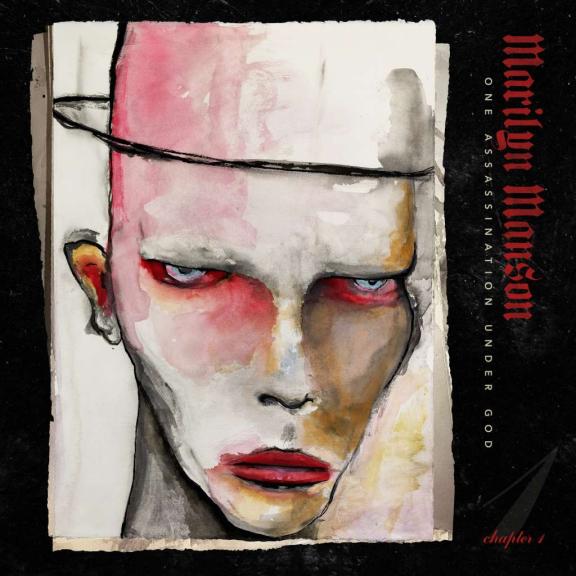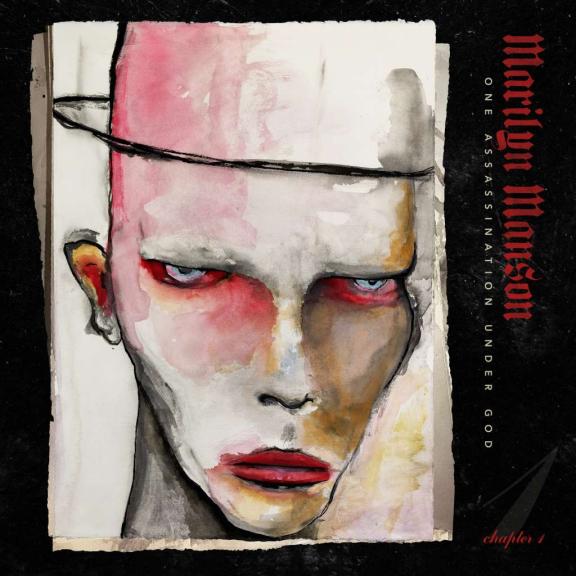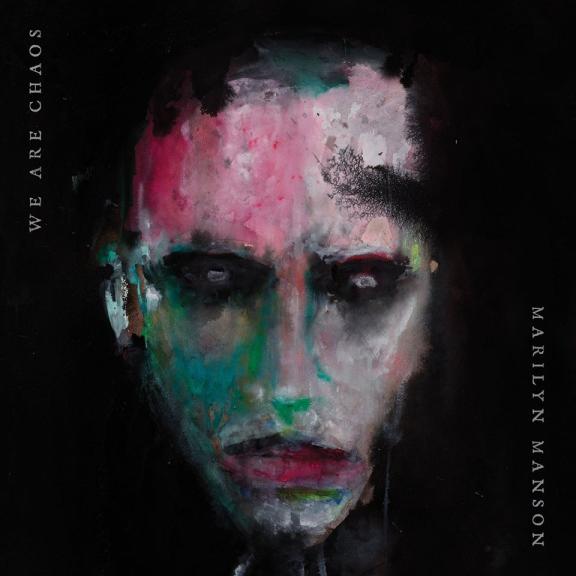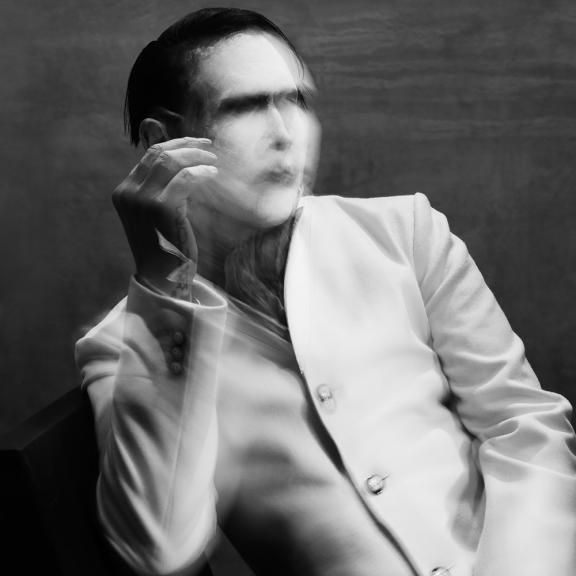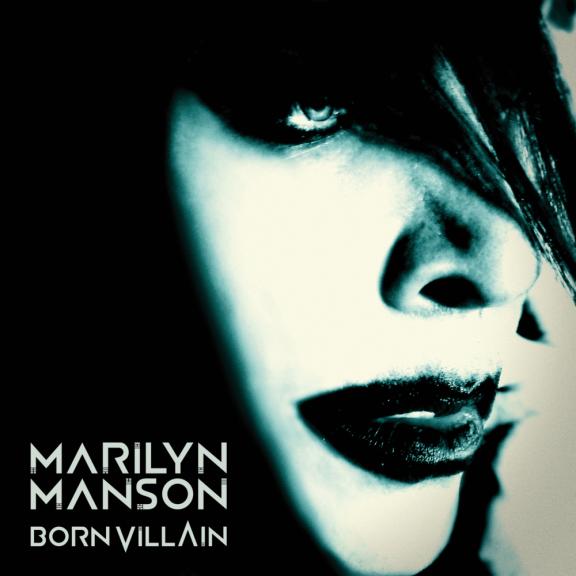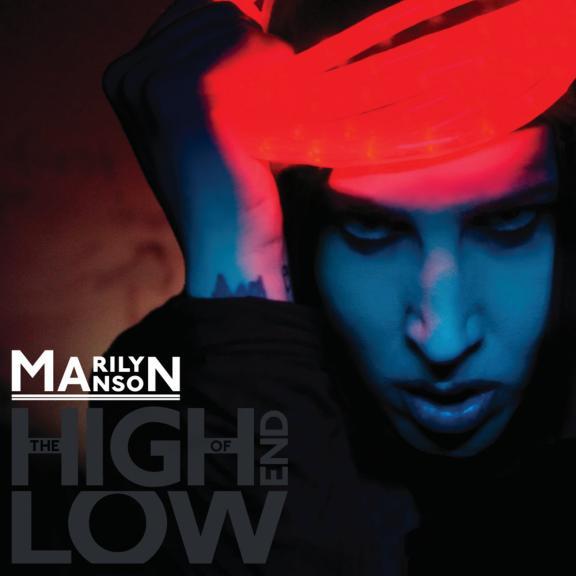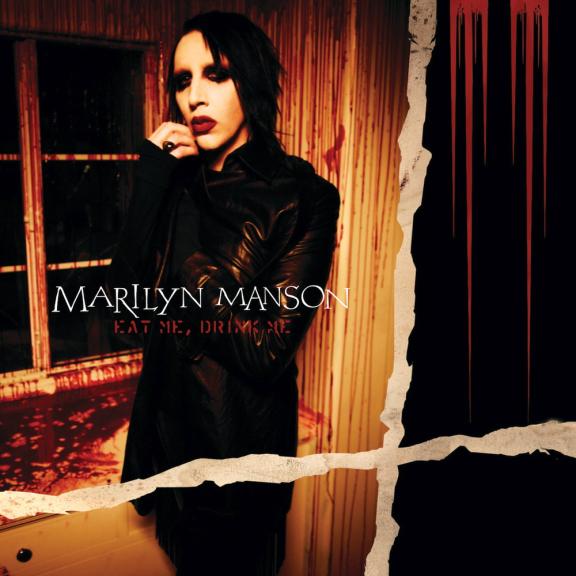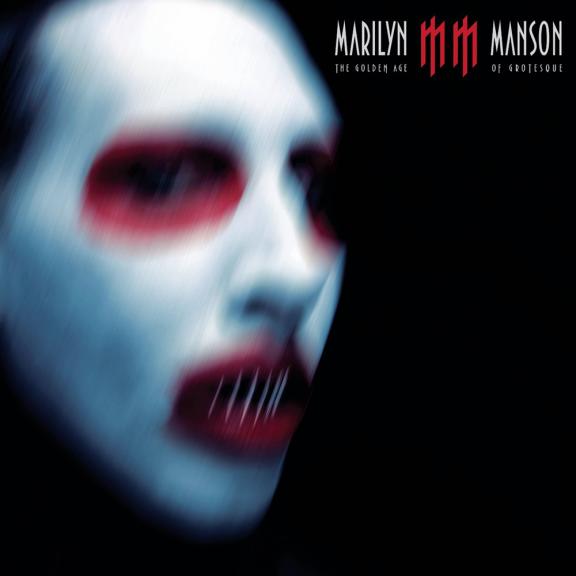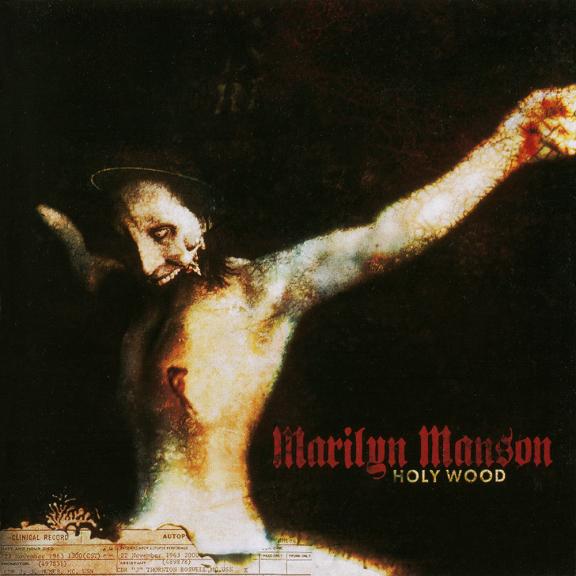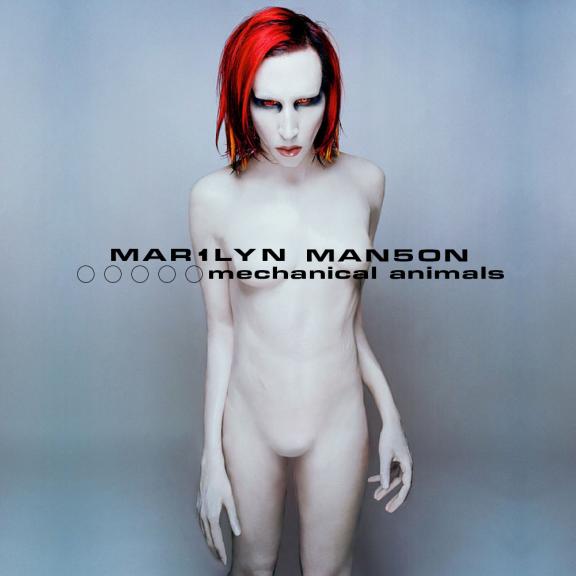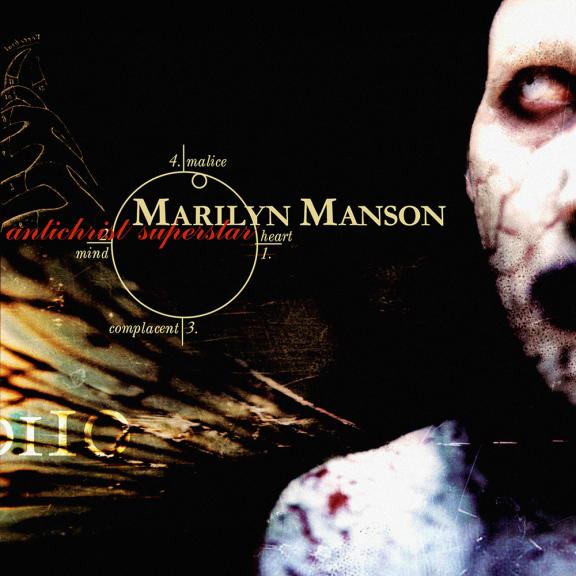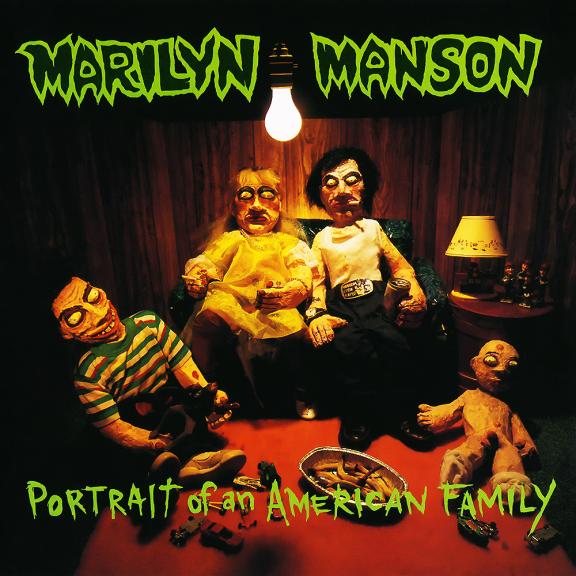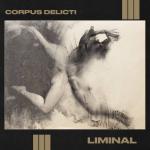How could we talk about Marilyn Manson's musical comeback without mentioning the context surrounding the artist? Targeted by multiple accusations of sexual and other abuses (his defamation lawsuit against Evan Rachel Wood, judged meritless, has just been dropped and he had to pay her legal fees), the artist's already tarnished aura was still awaited, whether with impatience or to better drag him through the mud. But One Assassination Under God - Chapter 1 (will we really have to suffer a second one?) doesn't deserve as much attention.
It's distressing to see how, when you reach a certain level of fame, everything is about communication and appearances. A bit of smoke and mirrors, one or two clever moves and that's it. Marilyn Manson loses weight, puts his lens back on, serves us a ‘first chapter’ promising a second and a return to richer concepts, reuses visual elements from his famous trilogy (between the fonts nicked from Holy Wood and Antichrist Superstar and this haloed character reminiscent of his watercolours at the time of Mechanical Animals, in particular his single I Don't Like the Drugs) and voilà : the ‘great Manson’ is back, with the clichéd and facile analysis that he's only as strong as when he's at his weakest (remember Columbine). You bet. And what if, in the end, One Assassination Under God was to his discography what Episode 7 of Star Wars is to the rest of the saga? A neat marketing operation that, above all, takes no risks and takes full advantage of the nostalgia machine to flatter the public and reassure the shareholders by making people forget its lack of other ambitions and its emptiness?
And that's the biggest disappointment here (musically speaking): there's not much to remember about this album. Marilyn Manson have very often alternated between the worst and the best within the same album, but have (almost) never been so boring. We owe this mainly to Tyler Bates, who will obviously never reproduce the few miracles of The Pale Emperor, whose inspiration is limited to repeating dull riffs or recycling patterns that have already been worn out to the bone (Sacrilegious, the single in Disposable-dagga-buzz-fucking-geddon fashion), incapable of adding any extra soul to the tracks, something that would give them some depth. Whether you like their respective contributions or not, Shooter Jennings (We Are Chaos) or Tim Sköld (The Golden Age of Grotesque, Eat Me Drink Me) had a much more personal touch, a flavour of their own. From pale, the Emperor has become dull and inflicts us with catchphrases that are more mechanical than animal, like Raise the Red Flag and its ponderous attempt to have bite, more embarrassing than terrifying (Nod if You Understand is more effective in the immediacy of its riff). At best, Manson indulges in the sinister, menacing tones he's mastered so well that we've heard a thousand times before.
There are a few chills, though. The title track doesn't miss a lot to really take off (here again, Bates could have had an idea, anything, to prevent the soufflet from falling before the end). As Sick as the Secrets Within, the judiciously chosen first single, rightly provoked a certain amount of enthusiasm. Mysterious, poetic, intense, dramatic: the shadow of a more flamboyant Manson can still be discerned in the inspired vocal lines. Sacrifice of the Mass, with its layers of synths and gradually thickening stripped-down sound, brings the album to a fine conclusion. Death is not a Costume is n efficient earworm. We sometimes notice a more pronounced leaning towards metal and heaviness. But apart from that? Not a single new idea. Not a surprise. Not a memorable melody, not the slightest stroke of brilliance. Just a lazy stagnation on comfortable assets: in times of crisis, above all, don't take any risks.
We've known Manson both magnificent and ridiculous. Here, his performance is neither really one nor the other. It's true that we haven't heard him sing like this for twenty years, but he remains in a relatively uniform vocal range, abusing the same filters over and over again, and the illusion melts away as soon as he demands a bit more to his vocal cords. The lyrics are more subtle here, a progression already noticeable with his previous album We Are Chaos and its bittersweet approach, less navel-gazing than the pathetic writing of Heaven Upside Down. The man who has always seen himself as a martyr in a parody of christic symbols to denounce puritanism and the dumbing down of the masses, now comes up with the same score. He is the victim, the sacrificial lamb, the unloved one. Self-criticism suits him as long as it serves his fantasised vision of himself and his character, but don't expect honesty or courage from him. He's just vexed.
This attitude wa fine as long as he was opposing religious lunatics who, in their delusions of American Satanic Panic, associated the worst vices with rock'n'roll, creating a true media beast... But when you're the subject of numerous complaints of sexual violence, the pill doesn't taste the same. Manson may have gone sober and put together a new line-up, but the only thing to come out of his introspection is the indecent, caricatured self-pity and immature narcissism of an artist who, in the final analysis, has never been interested in anything other than himself and the image he's trying to sell. Come on Brian, you're 55, like everyone else at that age you realise that you've become what you once denounced... stop whining.
In his contempt for the blind masses, let's not be fooled: he's obviously including his audience, to whom, with One Assassination Under God, he's only serving up a well-packaged deception to try and revive the memory of a glorious past. Flat production, the same formulas repeated to the point of absolute boredom, constant reminders of his past, a total lack of innovation or experimentation: by apparently following a to-do list similar to those of a Hollywood blockbuster or an advertising campaign for washing powder, he'll be able to make illusion for a while with those who enjoy cheap nostalgie. As for the rest, there's nothing to see here: if you want to watch the sad and pitiful decline of a spotlight addict and his attempts to regain attention, you might as well re-watch Bojack Horseman.

